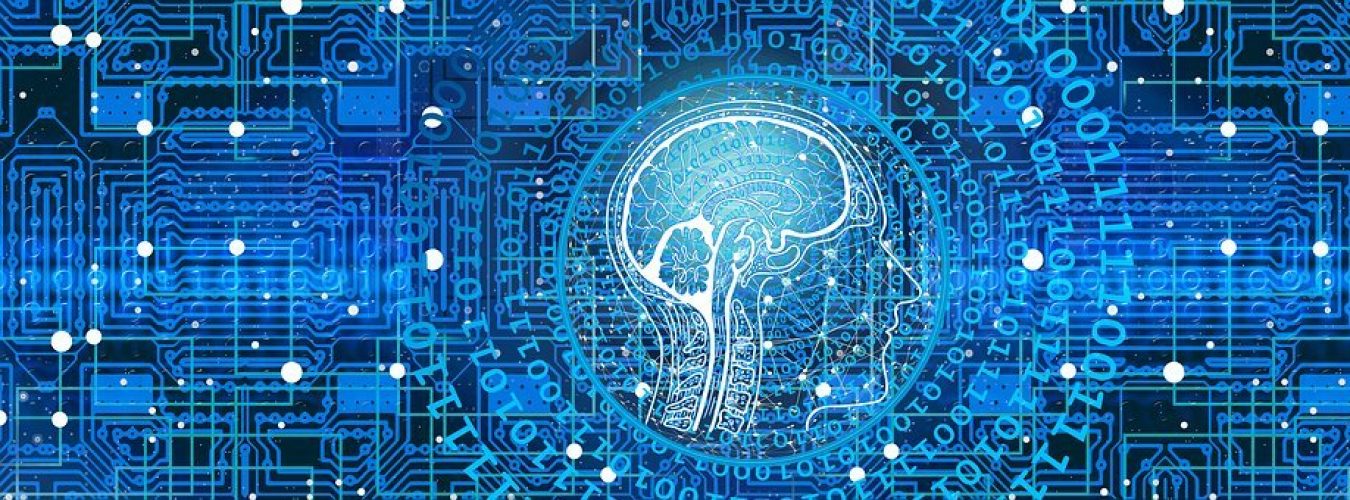weekly Problem no.5 in two difficulties One of the most elegant results in geometry began with a surprising observation about triangles. Take any triangle – it doesn’t matter what shape or size – and build equilateral triangles on each of
Read moreLife and Logic
Science, Future and controversy









